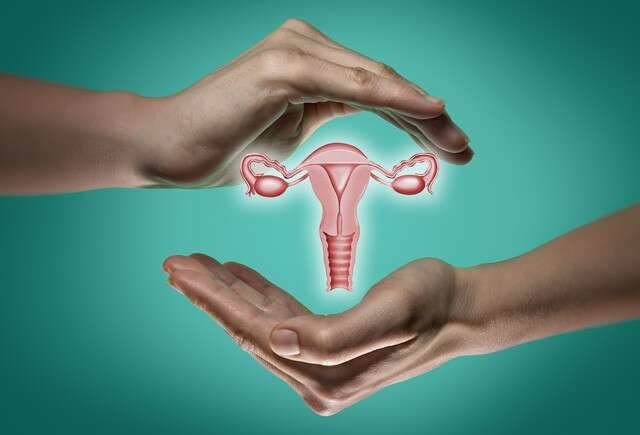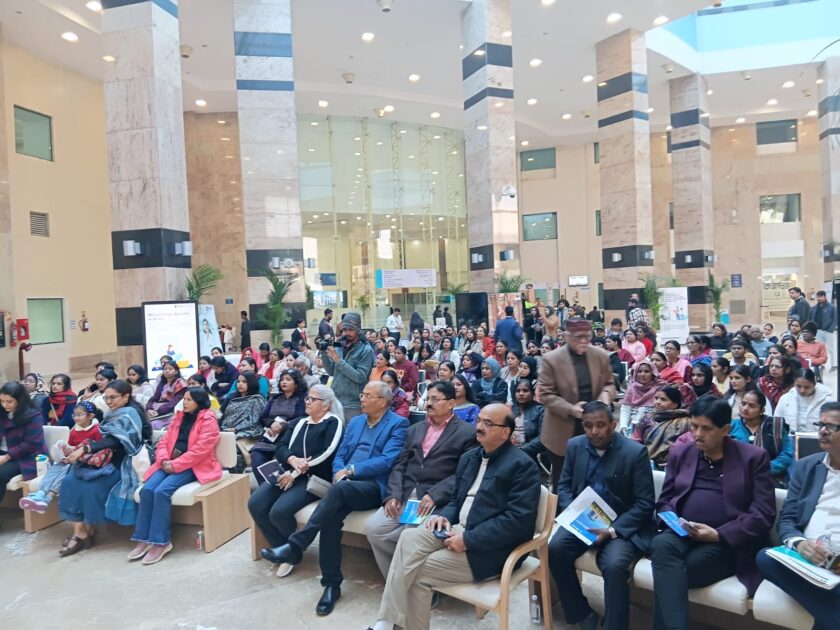Post Views: 158
Lucknow: Reproductive health is a multifaceted field encompassing a variety of issues related to the reproductive system, its functions, and processes. Key focus areas include:
1. Maternal Health
- Prenatal Care: Ensuring that women receive adequate care during pregnancy to monitor the health of both mother and fetus.
- Postnatal Care: Providing support and medical care after childbirth to ensure the health and recovery of the mother and newborn.
- Safe Delivery Practices: Promoting skilled birth attendance and emergency obstetric care to reduce maternal and neonatal mortality.
2. Family Planning
- Contraceptive Access and Education: Providing information and access to various contraceptive methods to enable individuals and couples to plan and space pregnancies.
- Counseling Services: Offering counseling to help individuals make informed decisions about family planning and reproductive health.
3. Sexual Health
- Sexually Transmitted Infections (STIs) Prevention and Treatment: Promoting safe sex practices, regular screenings, and access to treatment for STIs, including HIV/AIDS.
- Sexual Education: Providing comprehensive sexual education to promote safe and informed sexual behaviors.
4. Infertility Services
- Diagnosis and Treatment: Offering medical services to diagnose and treat infertility in both men and women.
- Assisted Reproductive Technologies (ART): Providing access to technologies such as in vitro fertilization (IVF) for those who need assistance in conceiving.
5. Adolescent Reproductive Health
- Education and Services for Adolescents: Addressing the specific reproductive health needs of adolescents, including education on puberty, menstruation, contraception, and prevention of early pregnancies.
- Prevention of Teenage Pregnancy: Implementing programs aimed at reducing the rates of teenage pregnancies through education and access to contraceptive services.
6. Menstrual Health
- Education and Awareness: Promoting awareness and education about menstrual health and hygiene.
- Access to Menstrual Products: Ensuring that women and girls have access to affordable and appropriate menstrual products.
7. Reproductive Rights and Gender Equality
- Advocacy for Reproductive Rights: Promoting policies and practices that protect and enhance reproductive rights, ensuring that individuals can make informed choices about their reproductive health.
- Addressing Gender-Based Violence: Tackling issues such as female genital mutilation (FGM), intimate partner violence, and other forms of gender-based violence that impact reproductive health.
8. Comprehensive Healthcare Services
- Integrated Services: Providing integrated reproductive health services that address a range of needs, from family planning and maternal health to STI treatment and sexual health.
- Healthcare Access: Ensuring that reproductive health services are accessible to all, regardless of socioeconomic status, location, or other barriers.
9. Research and Data Collection
- Ongoing Research: Conducting research to improve reproductive health services and outcomes, including studies on the effectiveness of various interventions.
- Data Collection and Monitoring: Collecting and analyzing data to monitor trends in reproductive health and inform policy and program development.
10. Policy and Advocacy
- Policy Development: Formulating and implementing policies that support reproductive health and rights.
- Advocacy Efforts: Engaging in advocacy to promote public awareness and political commitment to reproductive health issues.
By focusing on these areas, healthcare providers, policymakers, and advocates can work together to improve reproductive health outcomes and ensure that individuals have the knowledge, resources, and rights necessary to manage their reproductive health.

---------------------------------------------------------------------------------------------------















